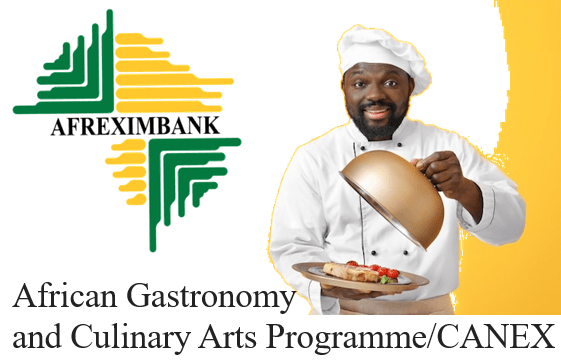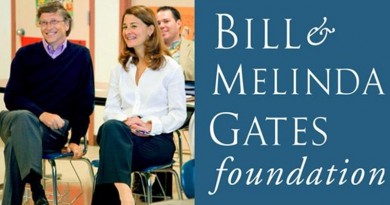Afreximbank Unveils African Gastronomy and Culinary Arts Programme under CANEX
Afreximbank, the African Export-Import Bank, has just unveiled an exciting new initiative in Cairo called the African Gastronomy and Culinary Arts Programme. This program is part of the Creative Africa Nexus Initiative (CANEX) and was launched during the Intra-African Trade Fair. It brings together nine talented celebrity chefs from Africa and the Caribbean for masterclasses, live cooking demonstrations, and engaging conversations with culinary experts.
The highlight of the inaugural session was a thrilling live demonstration called the “Jollof Wars,” where the unique flavors and cultural diversity of Jollof rice from Nigeria, Ghana, and Senegal were showcased. It was a delicious celebration of African cuisine!
Prof. Benedict Oramah, the President and Chairman of Afreximbank, emphasized that this program aims to promote local food production, ensure food security, and reduce high food costs and imports. By supporting local restauranteurs and entrepreneurs, as well as upgrading the dining experience through skills development, this initiative will contribute to the growth of the African food industry.
Not only that, but the program also aims to improve access to finance for the sector, helping to build infrastructure like restaurants, franchises, and packaged goods production plants. This will create more employment opportunities and strengthen the local food value chains.
During the launch, there was a fascinating conversation between Prof. Benedict Oramah and Dr. Pamela Coke-Hamilton, Executive Director of the International Trade Center. They explored the African food journey and its influence on food culture in the Caribbean, the Americas, and beyond.
The African Food Changemakers program brought together talented chefs from different countries. We had Davisha Burrowes from Barbados, Christian Abegan from Cameroon, Natasha de Bourg from Trinidad, and Chef Stone from Nigeria. They all joined forces to create an amazing culinary experience.
According to Prof. Oramah, this program aims to create a supportive environment for the entire food industry, from the farm to the table. They will tackle important issues like food sustainability, GMOs, local farming, franchising, and the art of African cuisine.
Afreximbank also introduced their African Gastronomy Development Framework. This framework will provide financial support for the development and expansion of food service market infrastructure. It will also help in the production of local packaged goods and other value-added products. Additionally, it will focus on training and capacity development for African chefs, sous chefs, food technologists, nutritionists, and food safety specialists. This is a great initiative that will contribute to the growth and success of African gastronomy.




